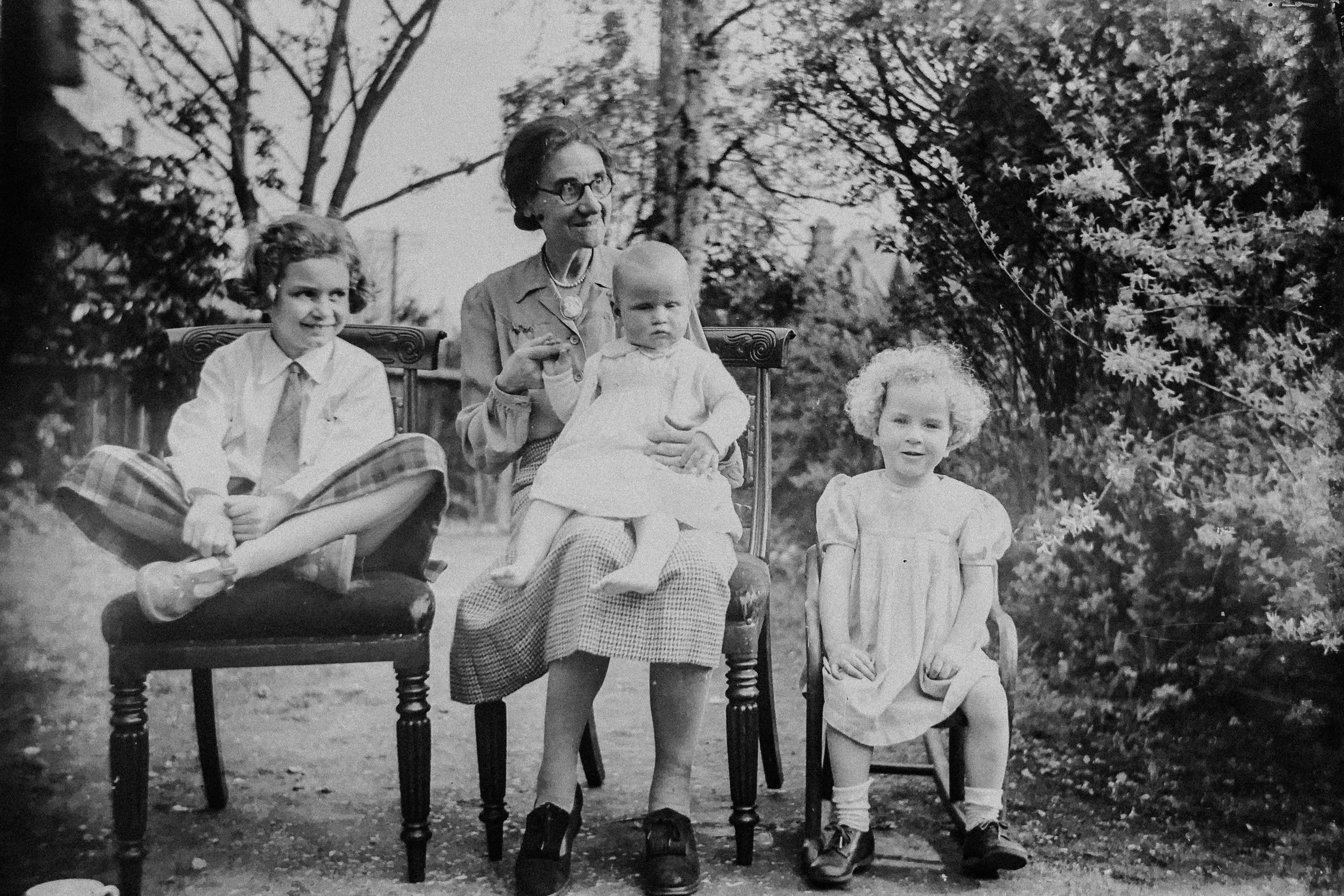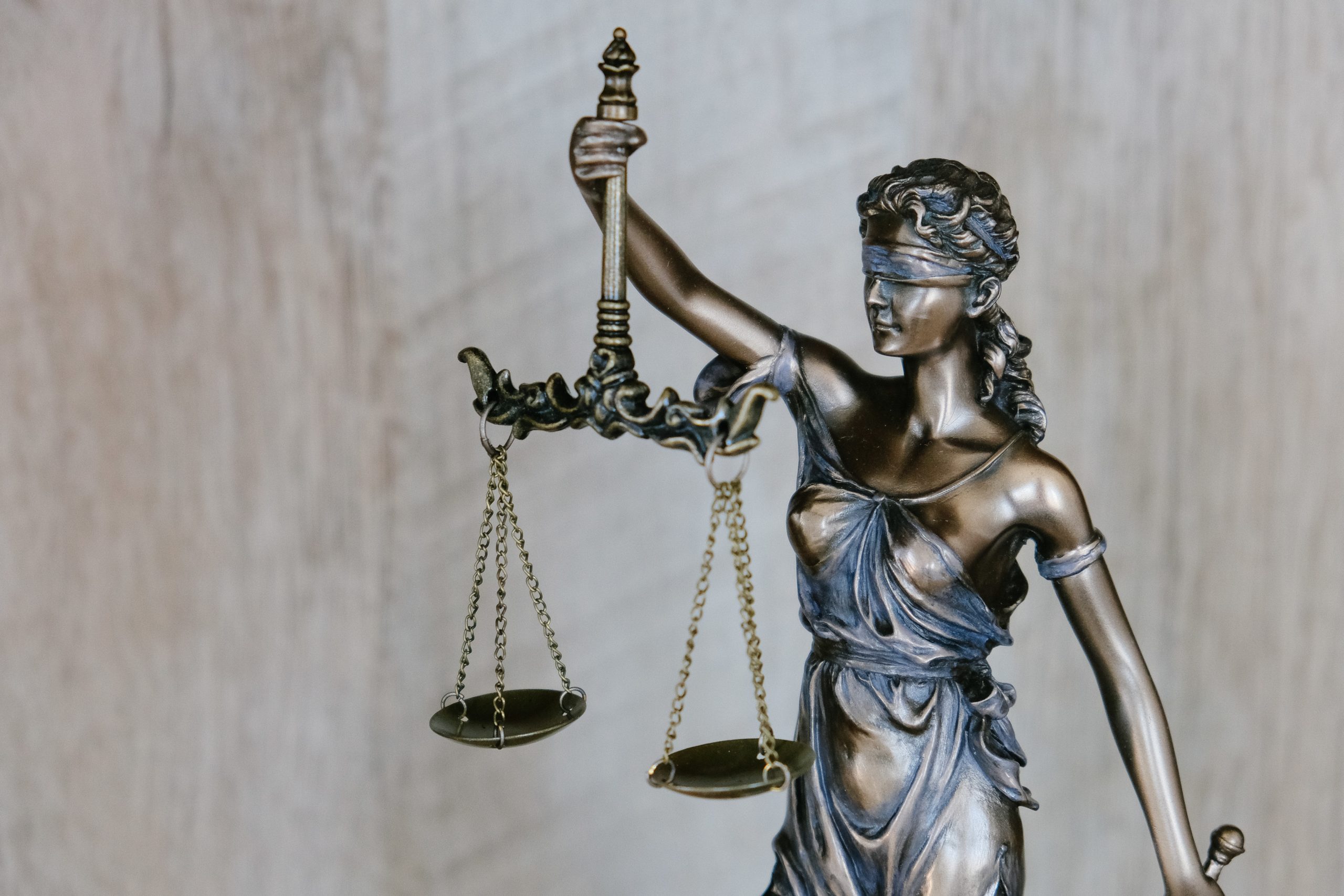Could you have a lost inheritance waiting for you to claim it? Don't miss out on money you're entitled to! This guide will educate and inform you about the unclaimed property of deceased relatives, and tell you how to find and claim any unclaimed inheritances you may have.
April 19, 2022
~10 min read
What is unclaimed property?
Unclaimed property is any type of asset that is considered to be lost or abandoned, and is left unclaimed by its owner.
There are many different types of unclaimed property, but some of the most common unclaimed assets include:
- Money. This can include unclaimed bank account balances, unclaimed tax refunds, unclaimed life insurance benefits, unclaimed paychecks, unclaimed pensions, and more.
- Real estate. Unclaimed real estate is typically in the form of a single-family home on a parcel of land, but there may also be unclaimed land parcels or unclaimed income properties, such as unclaimed rental properties and unclaimed commercial properties.
- Stocks. Unclaimed shares of stocks and other unclaimed investment securities that have a cash value, depending on the type(s) of investment account(s), the brokerage, the shares owned, and the applicable guidelines of the Securities and Exchange Commission (SEC), which is the agency that governs the stock markets.
- Tangible property. Unclaimed property can also take the form of physical possessions such as jewelry, furniture, art, motor vehicles, and more.
Why do so many assets get lost or abandoned?
There are a number of reasons why so much money and other assets get abandoned – maybe the owner lost track of one of their bank accounts, or maybe they were issued a refund check or a payroll check that they never received because they changed addresses.
However, by far the most common reason for abandoned assets is intestate deaths. That’s right – the majority of unclaimed property was owned by someone who died without leaving a will.
The abandoned assets of the deceased
When someone dies, all of their assets (and most debts) become the responsibility of their “estate”. A person’s estate is basically the value of everything they owned, minus the amounts they owed in debts (with some exceptions), to make up their financial net worth. Estates can include any type of asset, including personal belongings, cash, bank accounts, investments, real estate, stocks, vehicles, jewelry, and even shares in joint ventures such as trusts and businesses.
Ideally, the estate of the deceased would be distributed exactly how they dictated in their will, but since they died intestate, meaning they died without a will in place, their estate would be awarded to their next of kin, in accordance with their state’s laws.
However, when there are no heirs or next of kin to claim their estate, it’s turned over to the state they lived in as unclaimed property. Each state handles unclaimed property differently, but in most cases, the state makes an effort to notify the general public that the unclaimed property (including unclaimed estates, or the unclaimed assets of an estate) exists and needs to be claimed by heirs of the deceased. If an unclaimed asset remains unclaimed after a certain period of time, the assets become the property of the state government through a process called escheatment.
Why don’t any heirs claim these unclaimed estates?
There are many reasons that these assets, these unclaimed inheritances, remain unclaimed and become escheated to the government, but the vast majority of unclaimed estates are unclaimed for three main reasons:
- The claim process is too overwhelming. Just because someone is rightfully entitled to claim an unclaimed estate doesn’t mean the government will just hand it over. There’s a legal process that must be followed, and many people simply don’t know how to go about claiming unclaimed property. Sometimes, people are simply too busy with other things to deal with the process of claiming their unclaimed inheritance. Probate is a complex and time-consuming process, and it’s easy to see how so many people are overwhelmed by it.
- They don’t know the net value of the estate. Some people choose not to claim an estate because they don’t know if their net proceeds from the estate, meaning the actual dollar amount they will get, will be worth their time. Estate administration, probate attorneys, and court costs can add up quickly, and the heir may be worried that the estate’s value won’t cover the legal fees of the probate process or any other estate expenses, especially when factoring in any debts the estate may also be responsible for.
- The rightful heir doesn’t know the estate exists. Some unclaimed property is hidden or hard to find. It’s not uncommon for the person who is entitled to claim an unclaimed estate to be unaware that this family member died, and in many cases, they may not even know the family member existed! It’s easy for families to become estranged or drift apart through the years, but even in very tight-knit families, the generations that are younger than you may know nothing about the family tree branches that are a couple of generations before them. If you didn’t even know you had a great-uncle, then you’re unlikely to know his name, what state he lived in, or that he died without any close relatives.
How to find out if you’re an heir to an unclaimed estate
If you think there’s a chance you may be an heir to an unclaimed estate, your first step should be to search relevant unclaimed property databases and hope to find it. Start by checking the unclaimed property databases for each state where your deceased relative lived or owned property. You can search for unclaimed property via the National Association of Unclaimed Property Administrators (NAUPA).
Unfortunately, the unclaimed property databases aren’t always accurate – there are plenty of human errors, such as illegible handwriting and typos, but the registries of unclaimed assets are especially inaccurate when it comes to unclaimed property belonging to deceased people, unclaimed estates, and unclaimed inheritances.
So, if you’ve searched all the unclaimed property databases and come up empty-handed, it doesn’t necessarily mean that there is no unclaimed property for you. It’s possible that the unclaimed property hasn’t been reported yet, that it’s been misreported under a different name, or that the database it’s been listed in isn’t easy to find or easy to search. You can click here to learn more about why some unclaimed property is so hard to find.
If you think there may be unclaimed property, but you can’t find it in the unclaimed property databases, your next step should be to contact the unclaimed property office for the state where your deceased relative lived or owned property. The unclaimed property office will be able to tell you if there is any unclaimed property in the name of your deceased relative, and how to make an unclaimed property claim for it.
Heirs to estates of unknown deceased relatives
Is it possible that you’re entitled to an inheritance from a relative you’ve never heard of? Yes! Believe it or not, this happens more often than you might think. Unfortunately, there’s not a great way to know for sure, because you don’t know their name, what state they live in, when they die, nor whether or not they have a will.
But there’s good news, because there are a lot of companies who specialize in this type of work, and the chances are that if you’re entitled to a sizable sum of money, these companies will start to contact you. They may call you, they may send you letters, they may even send a courier to your home.
Avoiding unclaimed property scams
If you’ve been contacted by a company regarding unclaimed property that you’re entitled to claim, the most important thing you can do is make sure you’re not being scammed.
Unfortunately, there are a lot of scams out there, and we’ve heard plenty of horror stories about scammers taking advantage of people who are trying to claim unclaimed property, or people who don’t have any unclaimed property being misled to believe that they do.
The best thing you can do is research the company online. Don’t just trust social media profiles, look for reviews from real people, and look for memberships or partnerships with entities that ONLY work with legitimate reputable businesses, such as the Better Business Bureau (BBB), local Chambers of Commerce, or governmental licensing agencies.
Also keep in mind that you should never pay anyone upfront to claim, or help you claim, your unclaimed property. If someone asks you for money or for billing details (like credit card information), it’s likely a scam.
How to claim an unclaimed estate on your own
Now that you have been informed that there is an estate you’re entitled to claim, you can simply find it and claim your unclaimed property on your own, right? Here’s the basic outline for how you would go about claiming your inheritance.
Since your deceased relative died without a will, the process for claiming their unclaimed property will be different than it would be if you were claiming unclaimed property that is listed in your name. In this case, the unclaimed property will go through probate, and you’ll need to be appointed as the personal representative of the estate by the court before you can claim any unclaimed property.
The probate process can be complex and time-consuming, so you may want to hire a legal professional to help you with the process. Some may agree to be paid from the proceeds of the estate, but others may require upfront payment for you to retain them and then be billed hourly.
Once you’re appointed as the personal representative of the estate, you’ll be required to gather some documentation to prove your relationship to the deceased person as evidence that you are the rightful heir. If there are other heirs, they must be included in the probate process as well.
The required documentation varies from state to state, but in most cases you’ll need to provide a copy of the death certificate and proof of your identity. You’ll also need to submit a copy of the Letters of Administration from the court. In some cases, you may need to provide an Affidavit of Small Estate or an Affidavit of Heirship, which will likely require the handiwork of a paid professional researcher such as a genealogist or a private investigator who specializes in family tree data. If you’re unsure what documentation is required or have questions about the unclaimed property claim process, you should contact the unclaimed property office for the state where the unclaimed property is located.
After you have all the required documentation, you’ll need to fill out a claim form and submit it to the correct unclaimed property office, along with your supporting documentation. The unclaimed property office will review your claim and, if approved, issue a check for the amount of money you’re entitled to, such as the value of the estate, minus all estate debts and estate expenses.
It’s important to note that there may be a deadline for filing a claim, so you should act quickly once you find unclaimed property in the name of your deceased relative.
The easiest, safest, fastest way to get your unclaimed inheritance
If you’re hesitant to begin the probate process to claim your unclaimed inheritance, we understand. Some unclaimed property is hard to find, and even harder to claim. More than $40 billion in unclaimed assets is waiting to be claimed by rightful owners, but because the process of locating and recovering this property is so tough, much of these unclaimed funds are escheated to the government.
EstateCo is a trusted name in unclaimed property and estate asset recovery services. We use deep web A.I. technology to search through billions of records in all 50 states, so we can find every last cent of your family’s lost assets. Our team of experts are passionate about helping people get what they’re entitled to, and will guide you through the process step-by-step until your claim is complete.
A few benefits of working with EstateCo:
- We find more assets. Our forensic asset search is able to uncover assets that are practically impossible to find in normal unclaimed property searches, resulting in more money for you.
- We protect and preserve the estate’s value. There are always risks and liabilities that chip away at the estate assets, but our estate debt mitigation and estate expense reduction practices are unparalleled. Less money towards debts and fees means more money in your pocket.
- We actively protect the estate’s assets. In addition to negotiating debt reduction and lien releases, we put a stop to tax deed sales, foreclosures, and adverse possessions. We work with the homeowner’s association or condo association if there is one, and we also secure the property from vagrants, preventing additional vandalism and/or damages.
- We handle the entire process for you. We collect and submit all the documentation required, including death certificates, admissible evidence of heirship, affidavits, and more. We handle the administration of the estate on your behalf, including estate accounting and the entire probate process. Our experience means it will be handled correctly and quickly, so you get your money faster without lifting a finger.
Our mission is to put as much unclaimed property as possible into the right hands. We’re passionate about helping people get what’s rightfully theirs, and we have the track record to prove it.




